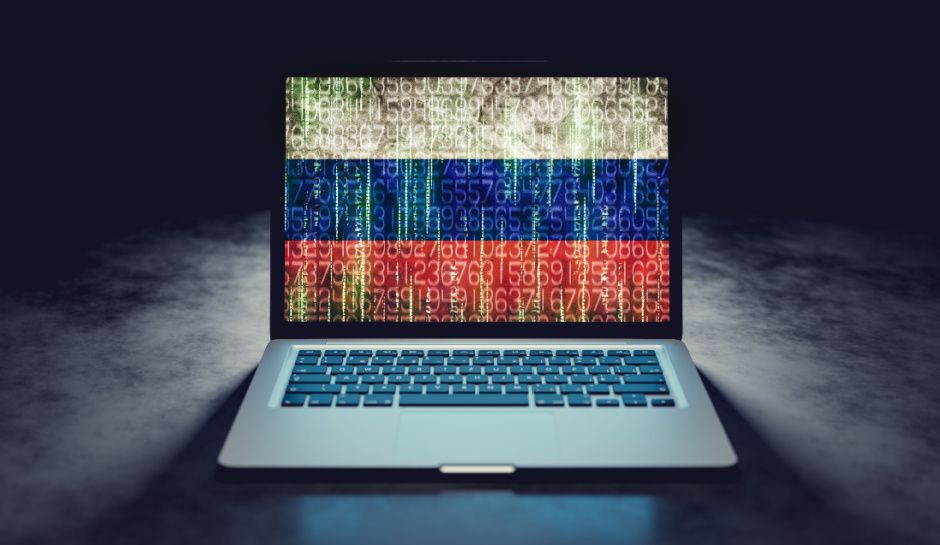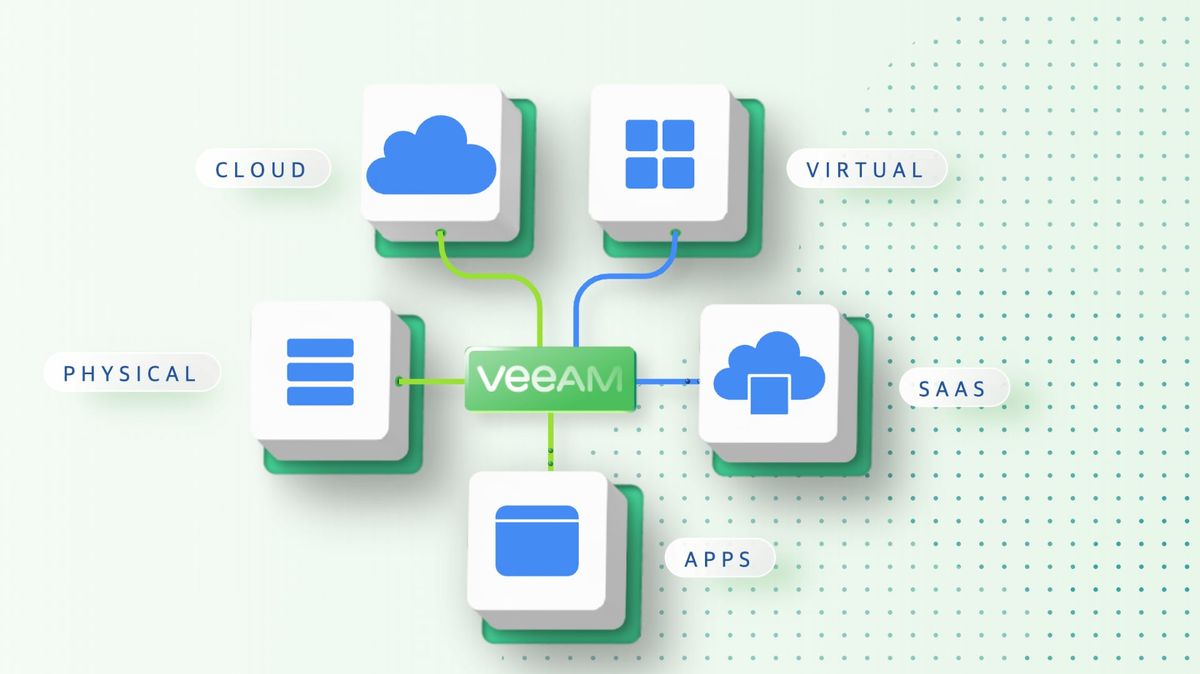A new study of more than 1,000 remote workers by Beyond Identity has revealed that coworking spaces could actually be costing companies their cybersecurity despite being cheaper in terms of rent.
According to the report, coworking spaces are the most likely place for data theft: 18% had previously chosen to locate in a coworking office and had their data stolen.
Libraries, coffee shops and cafes are close behind, and working at the airport is surprisingly safer despite one in five (21%) experiencing data theft when working remotely from another country far from where their office is located .
Remote work has a security cost
Despite their reputation for being safer and less susceptible to malware and other cyber attacks, Apple devices turned out to be the worst: more iPhone and Mac users suffered data theft compared to PC and Android users.
Beyond Identity says the main contributor to this, which affects three in five (60%) remote workers, is the lack of encryption of sensitive data. Reused passwords (53%), not using a VPN (40%), and using public Wi-Fi (36%) were also blamed for increasing worker vulnerability.
Data theft, including consumer data, employee information, and intellectual property, occurred quite frequently, but many companies were affected by service downtime, financial fraud, and even the creation of backdoors, which exposed them. to future attacks.
Financial workers were found to be among the most likely to reuse passwords, share passwords, and travel without telling their employers. Given that this is the most affected sector, according to statistics, it would be reasonable to think that workers could be more alert.
However, the report reveals that only half (51%) of remote workers received cybersecurity training. To move forward more safely, it is clear that companies must better fulfill their responsibility by providing employees with the right tools and training.








